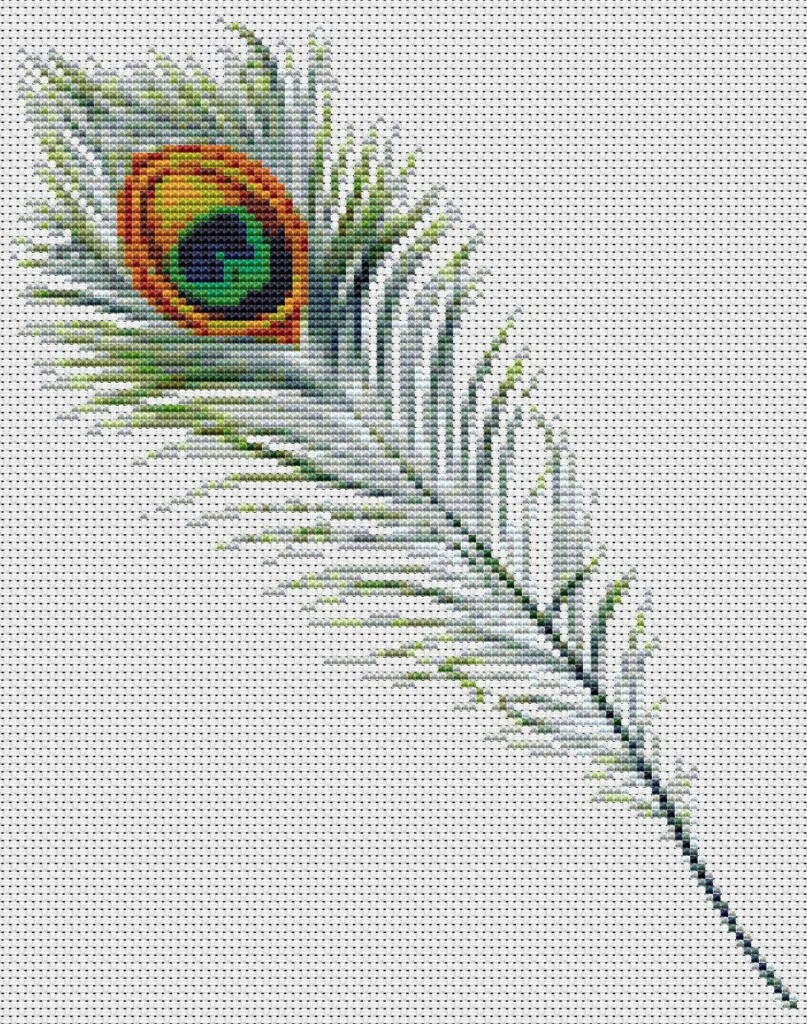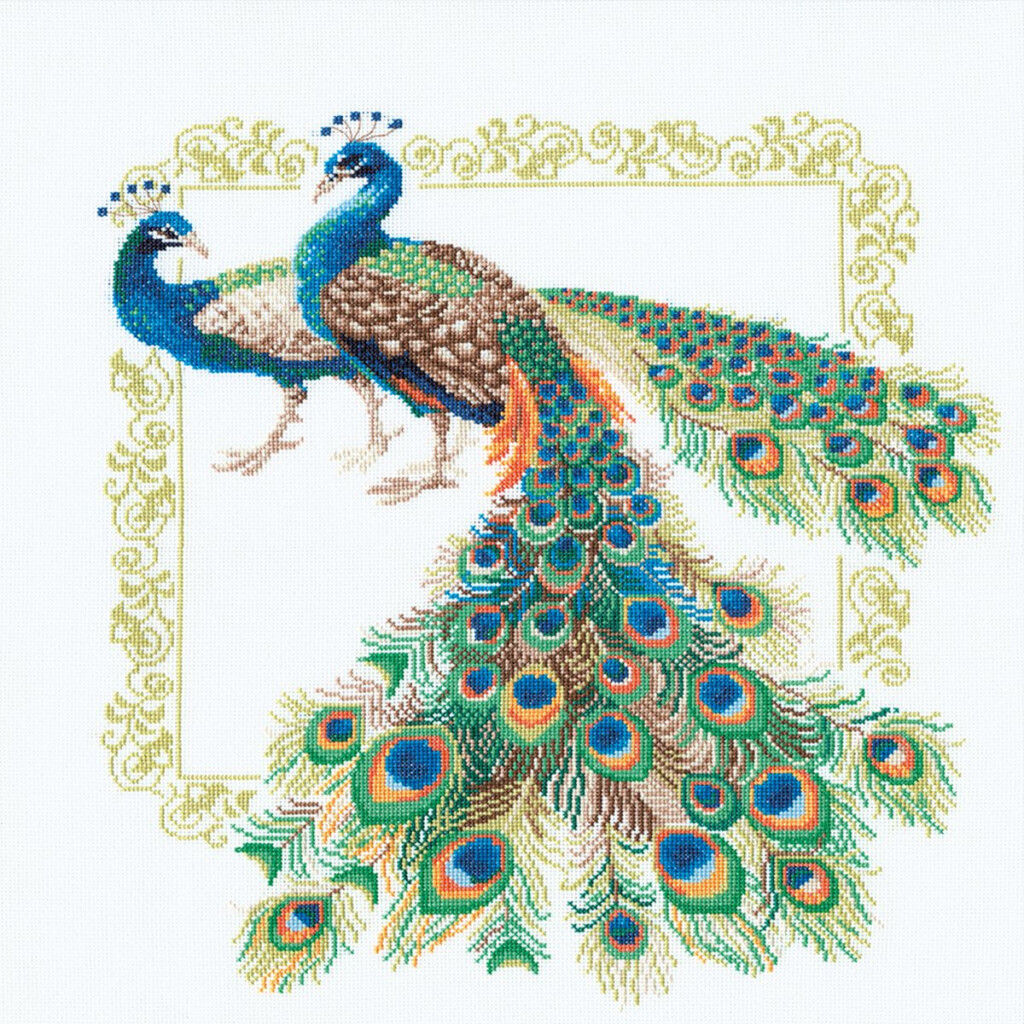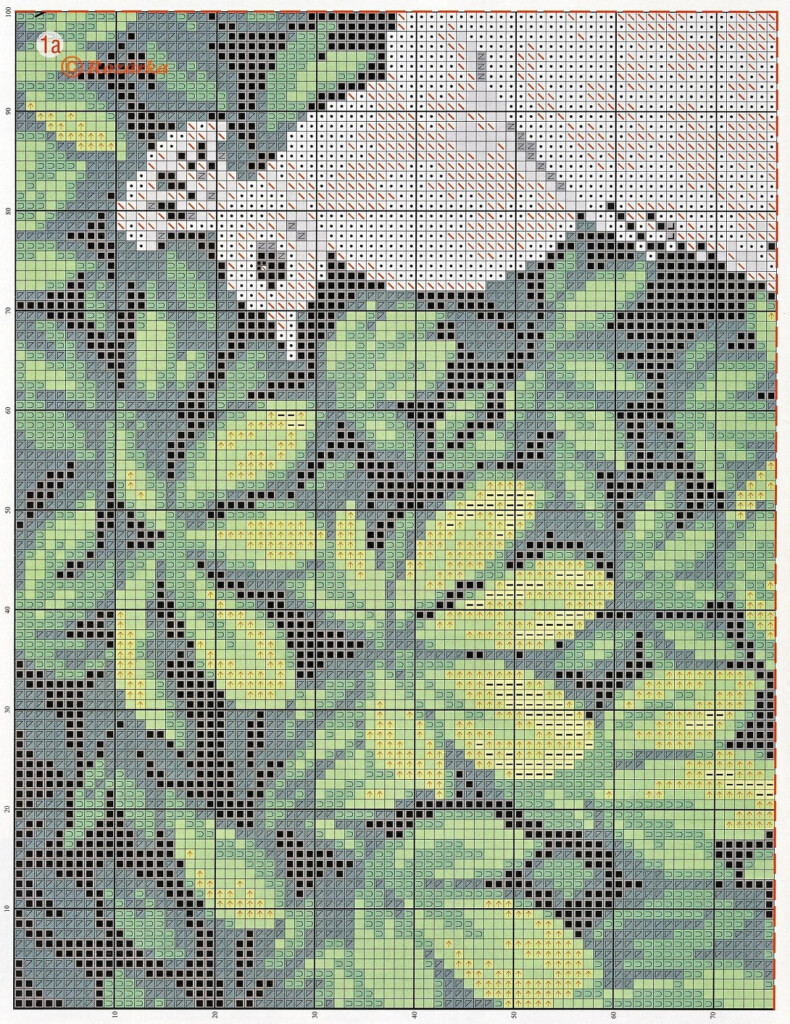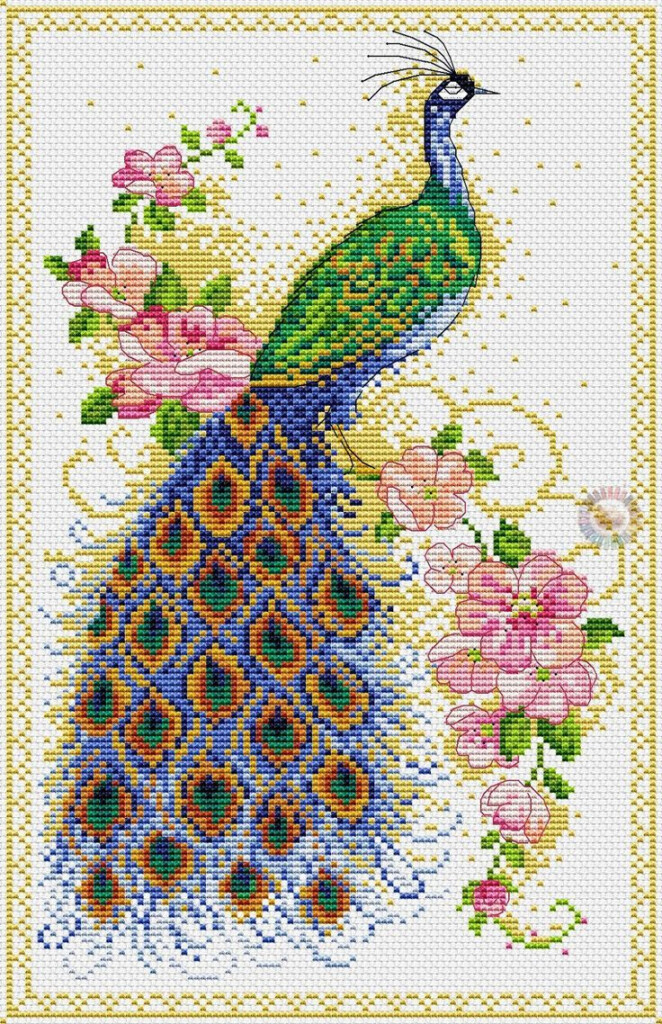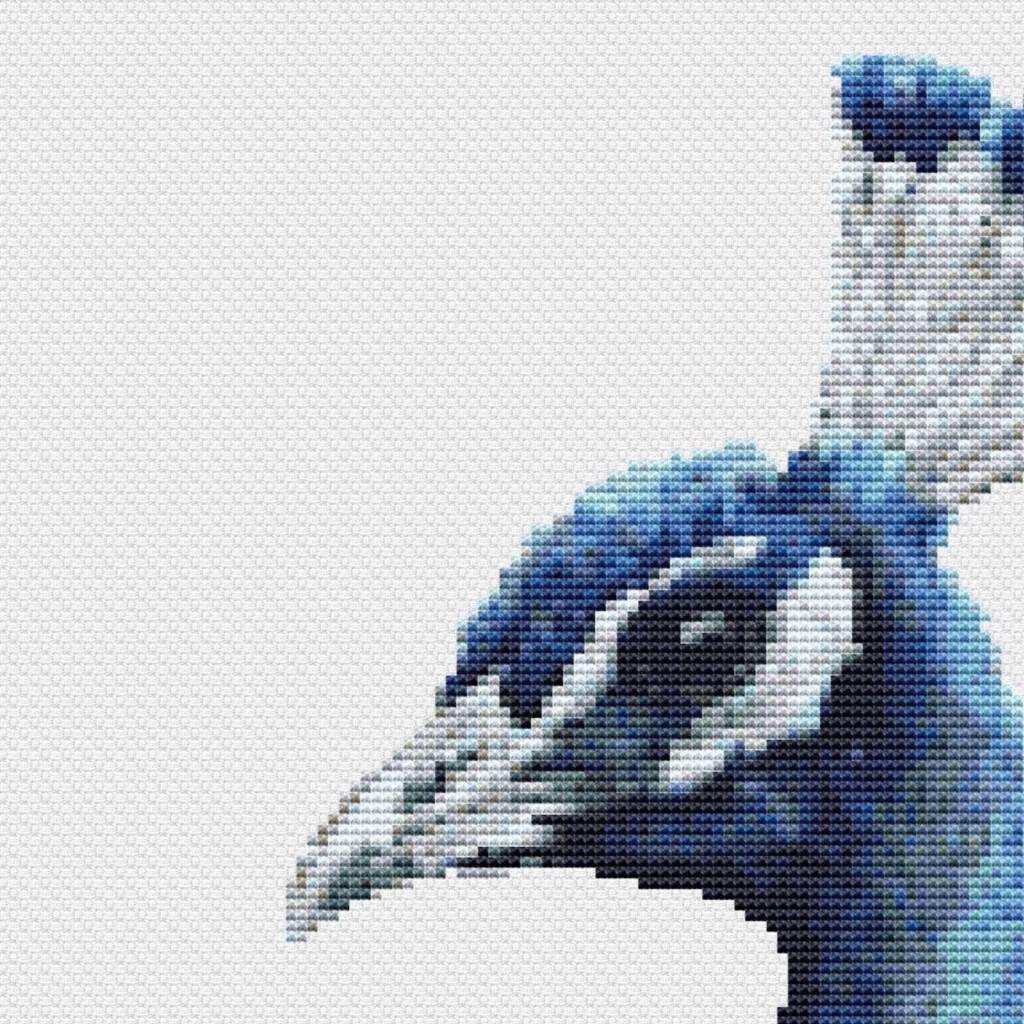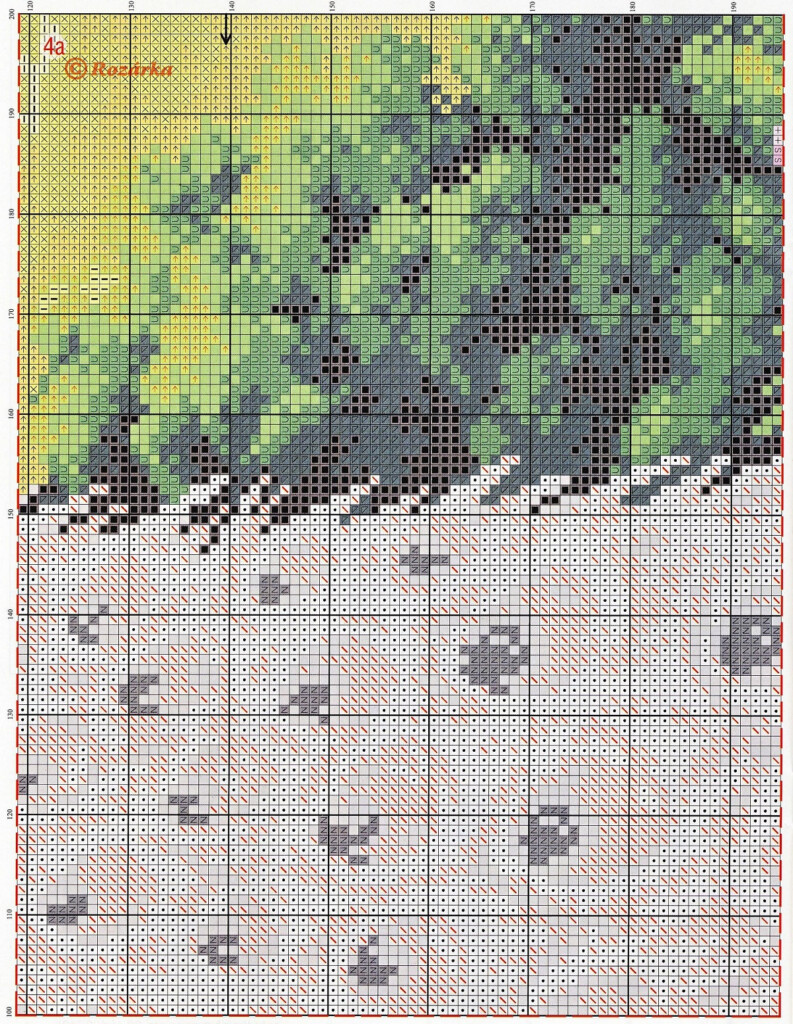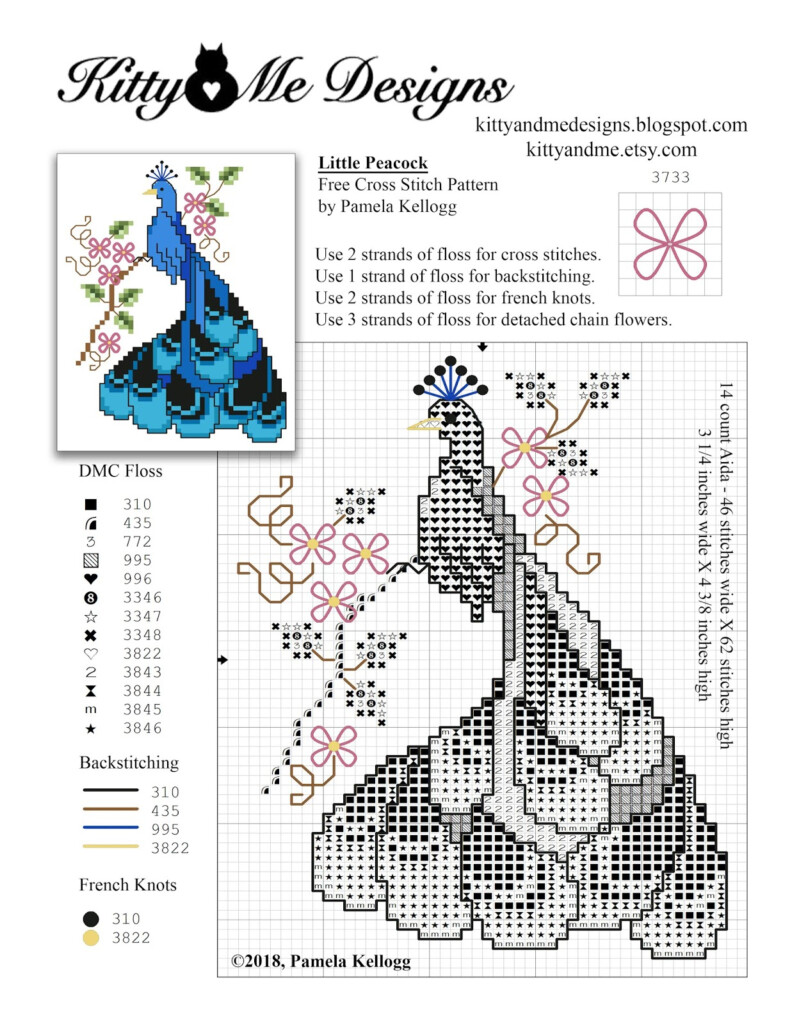Free Peacock Cross Stitch Patterns – Cross stitch is a classic and relaxing embroidery strategy that allows you to create sensational layouts with just a needle, thread, and fabric. Whether you’re a newbie or a knowledgeable stitcher, comprehending Free Peacock Cross Stitch Patterns is key to crafting stunning pieces. In this guide, we’ll discover every little thing you require to learn about cross stitch patterns, from essential products to sophisticated strategies, ensuring that you acquire the self-confidence to create intricate and professional-quality styles.
What is a Free Peacock Cross Stitch Patterns?
A Free Peacock Cross Stitch Patterns is a grid-based design that overviews stitchers in developing a stitched picture. Each square on the pattern stands for a stitch, with different shades and icons corresponding to specific thread shades. These patterns can range from basic motifs to elaborate artworks, supplying a limitless variety of creative opportunities. Comprehending exactly how to check out and comply with these patterns correctly is important for both precision and efficiency in your sewing projects.
Why Use a Pattern?
- Uniformity: Ensures harmony in stitches and design, making your job appear polished and expert.
- Assistance: Helps beginners adhere to a structured strategy, reducing errors and complication.
- Imaginative Freedom: Allows customization with different shade selections, making every piece one-of-a-kind to the stitcher.
- Scalability: Can be adapted to different fabric dimensions and stitch counts, making it versatile for numerous task dimensions.
- Performance: Saves time by supplying a clear roadmap, assisting stitchers intend their work in advance and prevent unneeded blunders.
Materials Needed for Free Peacock Cross Stitch Patterns
To begin with cross stitch, you’ll require the ideal materials. Right here’s a breakdown of vital devices:
| Material | Summary |
|---|---|
| Fabric | Aida fabric is generally used because of its easy-to-count grid. Linen and evenweave fabrics use finer detail, excellent for advanced stitchers. |
| Strings | Embroidery floss, usually DMC, Anchor, or Madeira brands. Readily available in hundreds of colors to bring designs to life. |
| Needles | Tapestry needles with blunt suggestions to prevent fabric damage. The ideal size relies on fabric type and personal choice. |
| Hoop/Frame | Keeps fabric tight, avoiding wrinkles and irregular stitching, making certain consistency in your stitches. |
| Scissors | Small, sharp embroidery scissors for accurate thread cutting and cutting excess fabric. |
| Pattern Chart | Printed or digital Free Peacock Cross Stitch Patterns for guidance, offering clear instructions on stitch positioning and color choice. |
| Light Source | A well-lit workspace assists stop eye strain and permits better precision in stitch positioning. |
| Thread Organizer | Keeps embroidery floss tangle-free and very easy to gain access to, making shade modifications much more efficient. |
Reading a Free Peacock Cross Stitch Patterns
A properly designed Free Peacock Cross Stitch Patterns offers all the required information to bring your design to life. Recognizing just how to analyze a pattern appropriately makes certain precision and efficiency in your job.
1. Signs and Color Key
Patterns use icons to represent different thread colors. Each sign corresponds to a particular floss shade, normally detailed in a tale with the thread brand and number. Familiarizing yourself with this tale before beginning will make sewing much smoother.
2. Grid System
Free Peacock Cross Stitch Patterns are prepared on a grid where each square stands for one stitch. The darker lines show every 10 squares, aiding you count and position your stitches precisely. This framework guarantees placement and stops errors when stitching large, intricate layouts.
3. Stitch Types
- Full Cross Stitches (X): The typical stitch, forming an X form that gives total coverage.
- Fifty Percent Stitches (/): Used for shading and great details, creating a smoother slope impact.
- Backstitching (-): Used to lay out and specify shapes, including depth and quality to the design.
- French Knots (o): Adds texture and ornamental accents, commonly utilized for eyes, flowers, and decorations.
- Long Stitches (–): Stitches that extend numerous squares to develop special impacts, often used in specialized layouts.
4. Beginning Point
Many patterns recommend beginning at the center to guarantee correct positioning. Locate the facility by folding the fabric in half both ways, noting the middle with a water-soluble pen or a little stitch. Beginning with the center assists preserve symmetry and equilibrium throughout the task.
Fundamental Cross Stitch Techniques
Grasping these methods will certainly boost your stitching efficiency and results, guaranteeing that your jobs look expert and sleek.
1. Preparing Your Fabric
- Wash and iron fabric before beginning to eliminate creases and potential discolorations.
- Make use of a hoop or frame to keep it tight, protecting against misaligned stitches.
- If utilizing Aida cloth, bind the sides with concealing tape, fray check, or a zigzag stitch to avoid fraying gradually.
- Think about gridding the fabric with cleanable fabric pens to assist with alignment.
2. Threading the Needle
- Cut a piece of embroidery floss around 18 inches long to avoid tangling.
- Utilize one to 3 strands, depending on fabric count and wanted protection for optimum results.
- Thread the needle and safeguard the starting end with a loop or small knot, or make use of the “loophole method” for a neater back.
3. Sewing Methods
- Row Method: Complete one half-stitch (/) throughout a row, then return with the other half () to form an X. This is useful for maintaining stitches uniform.
- One-by-One Method: Complete each complete X prior to transferring to the following stitch, perfect for patterns with constant shade changes.
- Parking Method: Useful for complicated styles, permitting stitchers to collaborate with multiple shades without confusion.
4. Protecting Threads
- Stay clear of knots at the rear of your job; instead, weave the thread under previous stitches for a tidy and expert surface.
- Maintain the back cool to prevent thickness and unequal tension, which can distort the fabric.
Usual Mistakes & & How to Avoid Them
| Blunder | Option |
| Miscounting stitches | Always cross-check the grid and utilize a highlighter to mark finished sections. Double-check prior to progressing. |
| Unequal stress | Preserve consistent tension; stay clear of drawing as well tight or leaving stitches as well loose. Uniformity is crucial to professional-looking job. |
| Incorrect thread shade | Ascertain the pattern trick before beginning each section to stop lengthy mistakes. |
| Fraying fabric | Safe edges with tape or a stitching equipment zigzag stitch. Using a hoop helps minimize fraying. |
| Messy back | Maintain the back neat by weaving in loose ends neatly. This will certainly prevent swellings when framing the ended up item. |
Download Free Peacock Cross Stitch Patterns
Last Thoughts
Free Peacock Cross Stitch Patterns offer limitless possibilities for imagination and workmanship. Whether you’re adhering to a traditional design or producing something unique, recognizing the basics of reviewing patterns, selecting products, and improving strategies will certainly assist you create magnificent jobs. Keep practicing, exploring, and most notably, appreciating the process of sewing! Cross stitch is not just a leisure activity– it’s an art type that permits you to bring intricate layouts to life, one stitch at a time.
Delighted sewing!
